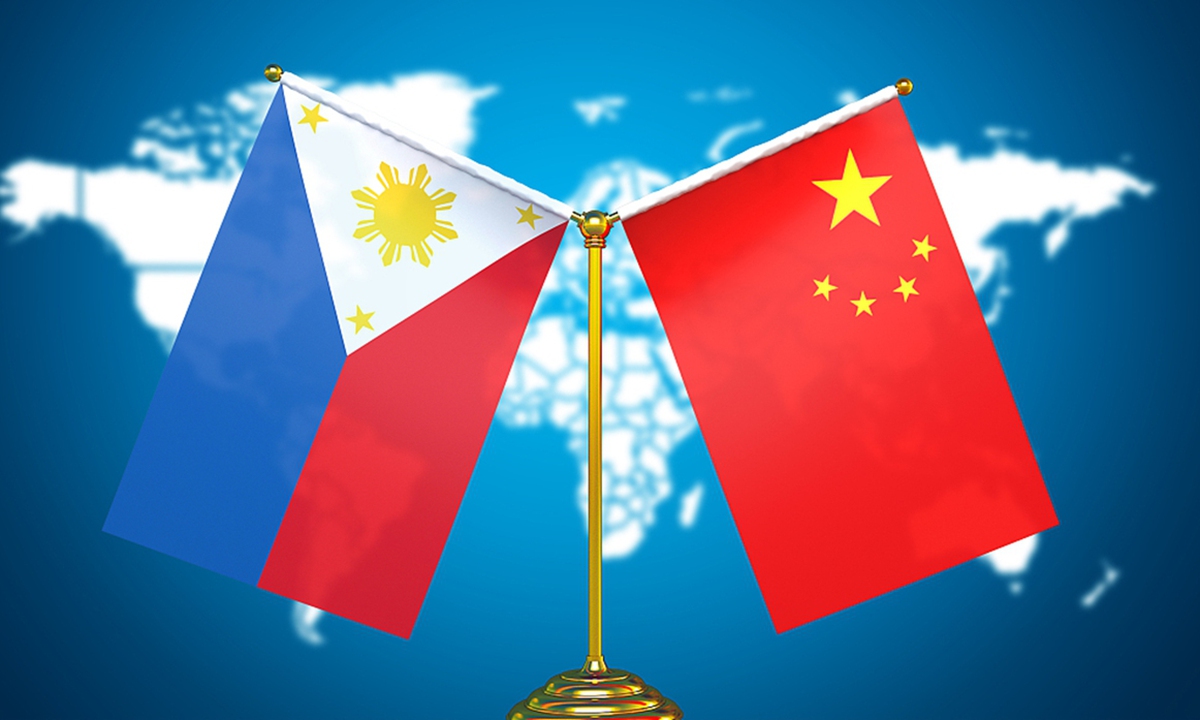In the vast and complex geopolitical landscape of the Indo-Pacific, the Philippines finds itself at a critical juncture. With rising tensions in the South China Sea, primarily due to China’s assertive claims and actions, the Philippines actively seeks ways to bolster its position and safeguard its interests. The country’s strategic moves, particularly in defense and alliances, are significant for regional stability and the broader context of global power dynamics.
Table of Contents
The Japan-Philippines Defense Pact
A significant development in the Philippines’ defense strategy is the proposed Reciprocal Access Agreement (RAA) with Japan. This agreement, anticipated to be finalized soon, will facilitate joint military exercises and training, marking a significant step in Manila’s efforts to deepen ties with allies. Japan’s proximity and shared concerns over China’s activities in the region make it a natural ally for the Philippines. This partnership underscores a shared commitment to maintaining a rules-based international order and highlights the strategic importance of the Indo-Pacific in global geopolitics.
NATO’s Role and Europe’s Stance
While military action by NATO in the Indo-Pacific is off the table, the organization’s influence and diplomatic support remain crucial. European nations, though primarily focused on their immediate neighbourhood, recognize the interconnectedness of global security. The recent emphasis on cyber and space security cooperation between Japan and NATO, including the Philippines’ participation in NATO’s cyber exercises, reflects the growing scope of security considerations beyond traditional military engagements.
Economic Sanctions and Diplomatic Efforts
In a crisis, NATO’s role in backing economic sanctions could be pivotal. A concerted diplomatic effort in global and regional institutions is essential to counter revisionist powers. The experience following Russia’s invasion of Ukraine has shown that such support is not automatic and requires careful cultivation.
The Philippine’s Proactive Stance: Building Defenses at Second Thomas Shoal
Amid these broader strategic shifts, the Philippines is taking concrete steps to strengthen its position in the contested South China Sea. Plans to construct a structure on the Second Thomas Shoal, a resource-rich and strategically located area, signify Manila’s resolve to assert its claims and presence. While potentially escalating tensions with China, this move is necessary to safeguard the nation’s territorial integrity and maritime rights.
Regional Stability and Global Power Play
The Philippines’ actions and alliances in the Indo-Pacific are not in isolation. They are part of a larger narrative of regional powers navigating the challenges a rising China poses. With its economic significance and strategic location, the Indo-Pacific region has become a focal point of global power competition. The actions of the Philippines, Japan, NATO, and other regional players will significantly influence the balance of power and the future of international relations in the region.
In conclusion, the Philippines’ strategic moves in the Indo-Pacific are a microcosm of the more significant geopolitical shifts in the region. As nations grapple with the challenges of a changing global order, the Philippines’ efforts to strengthen its alliances and bolster its defenses are crucial in ensuring its sovereignty and contributing to regional stability.
